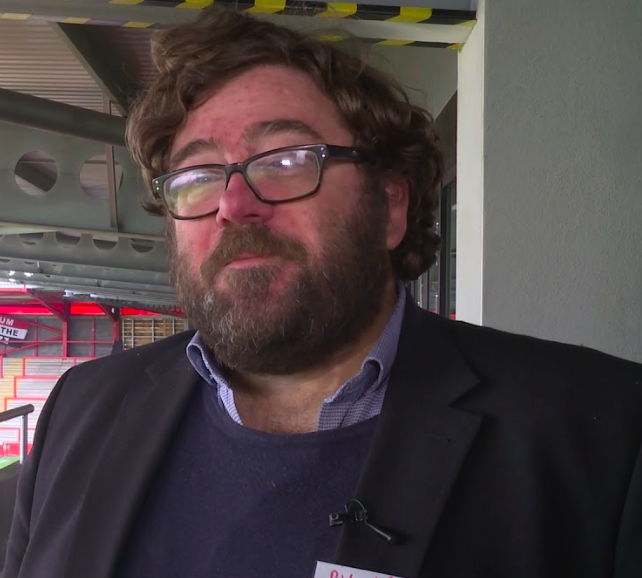
Dr Richard Bailey
Head of Research at the International Council of Sport Science and Physical Education, the worldwide representative agency for sport, PE and physical activity.
He also runs a specialist sport research company and is currently working with organisations including the OECD, UNESCO, the Professional Golfers Association, Nike and the IOC.BRBRHe has written, co-written or edited 24 books, including Meeting the Needs of Your Most Able Pupils: Physical Education and Sport (2006).
How would you define a parent’s role within the youth sports environment?
Parents play a wide range of roles within the youth sports environment. To some extent, these roles are determined by the age of the child. Parents often introduce different sports to their children, decide when coaching is necessary or useful, pay for equipment and coaching, and provide a taxi service.
At least as important as these practical functions is the role the parents play in communicating messages about the importance of sport, And how it should be played.
What are the benefits of embracing parental involvement in youth sports?
Children’s experiences of sport all heavily influenced by adults, and the extent to which their overall experience is either positive or negative is largely determined by parents, coaches, teachers and others. So it is vitally important the parents are involved in new sports from the very beginning. Some of the more visible problems with the parents, such as bad behavior during matches and access pressure on the children, could be either avoided or minimized by effective communication of expectations between key adult socializes.
How have you as a coach/club attempted to increase parental involvement?
I no longer work as a club coach. When I did, I always found time to talk to parents about their child’s participation in sport, what should be expected, and useful ways of supporting it. I did a similar thing when I worked as a physical education teacher.
Have you seen any difference in players when parental involvement is embraced not neglected and/or ignored?
I think the evidence suggests that children are much more likely to have positive experiences of sport if their parents and coaches share values and expectations about youth sport.
What advice would you give coaches who are unsure and/or afraid about increasing parental involvement within youth sports?
I think it is important that coaches establish communication channels from the very beginning with parents, and maintain it with regular information. There is a lot more that national governing bodies can do to promote this, and it will be good to see accessible practical resources made available to coaches for engaging parents.
For those parents unaware of their influential role within youth sports, what advice would you give them?
We need to start educating parents. Some parents have clearly lost sight of the purpose of youth sport, and seemed to think it is a way to wealth and success, rather than and inherently valuable and exciting experience for young people.
In most cases, discussions about talent are completely inappropriate, and merely serve to reinforce unrealistic expectations and unhealthy pressure.
Thank you to Richard for taking the time to complete the following interview questions.
Twitter: Dr.RichardBailey | LinkedIn: Dr.RichardBailey | Blog: Talking Education and Sport









